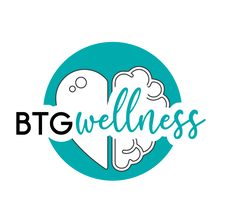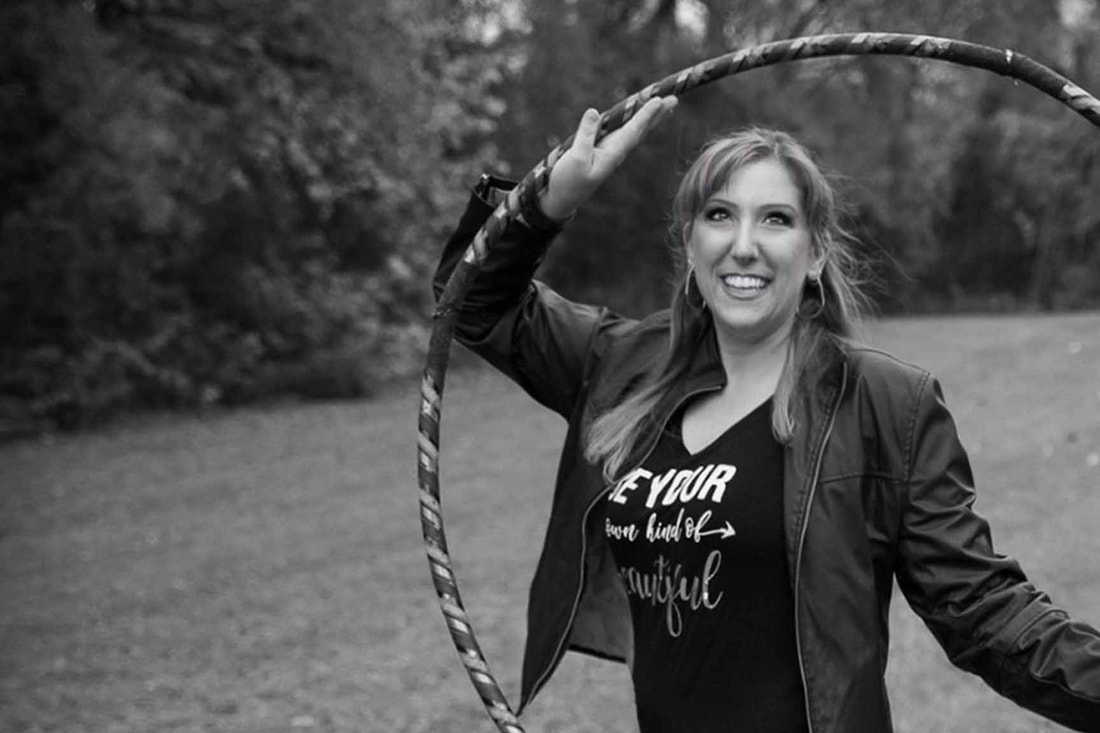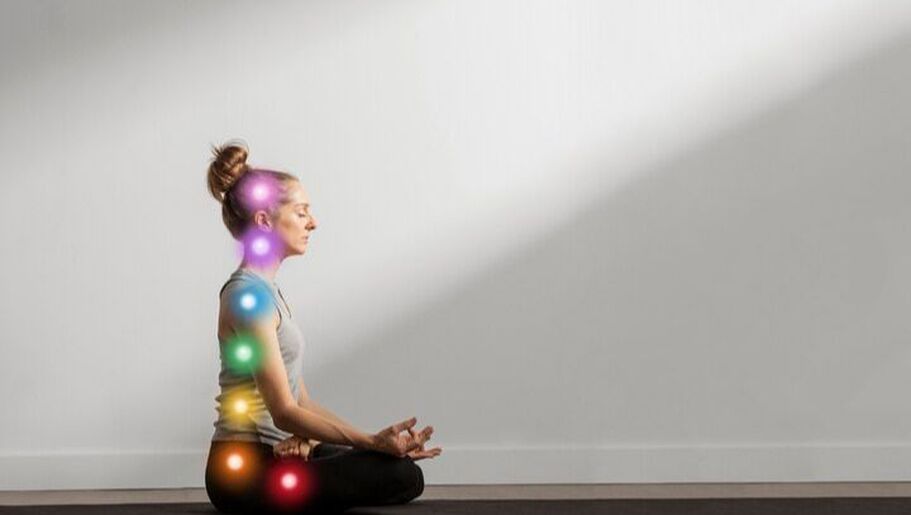|
I often get asked about the difference between the concept of boundaries (which are healthy and necessary), with the concept of ‘walls’ (which are the exact opposite).
While both Boundaries and Walls serve the purpose of creating a sense of safety and personal space, understanding the distinction between them is vital for cultivating healthy relationships.
0 Comments
Just because this has come up for a few people this month….
Love is often described as a whirlwind of emotions, an irresistible force that sweeps us off our feet. But as the initial rush of euphoria subsides, what remains is a deeper understanding of love—one that encompasses not only feelings but also choices and skills. So let me ask you: how good are you at love? Today, I want to shine a spotlight on something that brings me immense joy and makes me feel incredibly worthy: hula hooping!
Navigating the world as a human can feel super feel-y at times and it can be easy to get caught up in the whirlwind of emotions and find ourselves feeling drained and lacking energy.
Welcome to an area of life that people often don’t think about when they think about their worthiness: resilience.
Welcome to the world of chakras! Today, let's dive into the root chakra – your energetic foundation for feeling grounded and secure in life.
You know, it's quite surprising how often I'm asked this question: "Will working with me change a person's personality?"
In my transformational coaching programs, I take a different approach from traditional cognitive behavioural therapy.
So, the other day, I was casually scrolling through my Facebook feed, and this post caught my eye
|
Home |
About |
Services |
Menu |
Contact |
Copyright © Jennifer Febel, BTG Wellness and Live Life Unbroken Coaching
Some images appearing on this website are designed by Freekpik
Some images appearing on this website are designed by Freekpik










